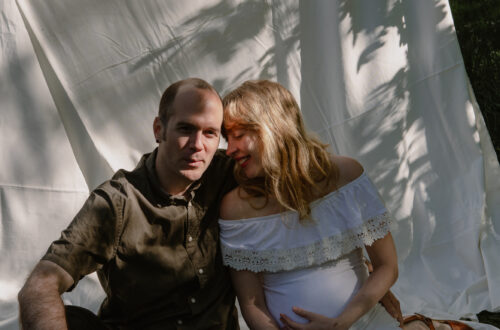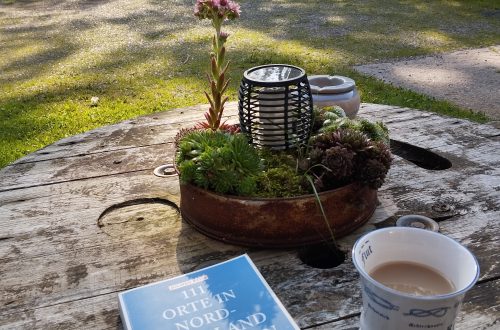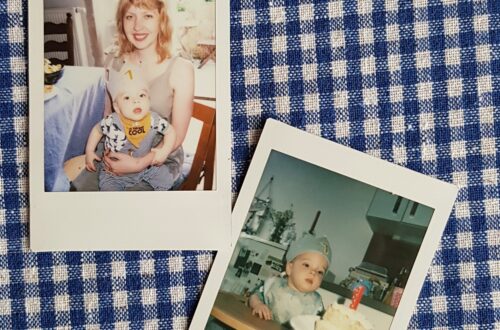of czechs & germans (a short history)

lovers of european history, i’m calling on you today!
the town i live in may be called czechimpossibletosay české budějovice, but it used to just be known as budějovice or budweis for decades, especially in the 19th century when czechs and germans lived side-by-side and it didn’t really matter who was a czech and who was a german. people here at that time just considered themselves “budweisers”.*
although rifts were there at the end of the 19th century, it wasn’t until after the first world war which brought about the end of the austrian-hungarian empire and the creation of the czechoslovak state that the division started rapidly deepening, although from the beginning of the 20th century one could already see a growing divide with the creation of czech language schools vs. german language schools and the rising insistence that people mark on the census whether they consider themselves czech or german when it used to not matter at all.
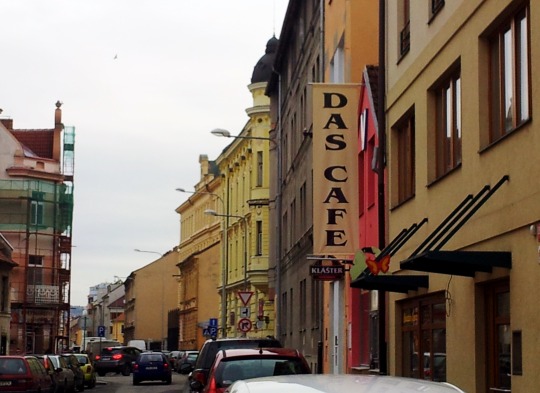
then, the rising german nationalism sentiment came to be in the late 1920’s as germany was still licking its wounds from the first war and demanding better treatment of germans in the czechoslovak land that adolf hitler claimed the germans still had a right to. it wasn’t long before the line was drawn in the sand and those here that identified as german started receiving preferential treatment whereas those who identified as only czechs were not shown this same respect. some czechs in the 1930’s even used this rise of national socialism throughout europe to switch their allegiances from being czech to german, so you can see how interconnected these two nationalities were that one could easily claim to be the other, as long as they spoke that language.
with the defeat of the third reich, all those who claimed to be german were absolutely shunned, and soon most czechs supported the decree of then president edvard beneš to remove all germans from the sudetenland, which budějovice is a part of. special attention was drawn to any citizens who actively supported the third reich and those “citizenship jumpers”, who tried to crawl back into claiming themselves as czechs after the second world war. clearly, it was these two wars that made budejovice more ceske and less ‘budweis’ – they forced people to finally take a side and stick to it.
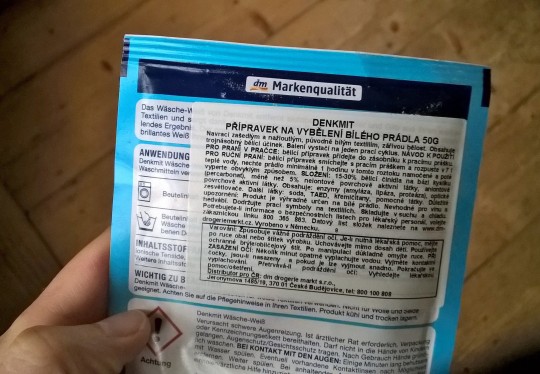
even now as we are fully a czech city today, budějovice retains a positive outlook on the german speaking lands. german is probably the most popular foreign language spoken here – if you can’t get by in czech, it’s easier and more expected to speak german rather than english. although things are changing a little bit as school children now learn english starting at third grade as a mandatory subject, when getting into the gymnasium (high school) years, almost all students also study german as well. it is the primary language that i speak to anyone over 50 with, unless i think i could get by with low-level czech.
above, the daily struggle of trying to read the german instructions under the czech sticker on drugstore products. we get a ton of german imports here in czechland that a bit of german and english is almost a necessity when shopping these days!
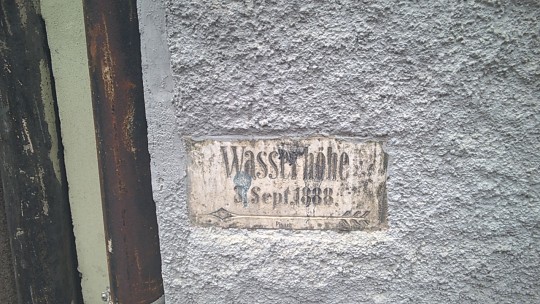
as a reminder of the germanness of yesteryear, you can see many signs of the german past around town (above – on lannova trida, marking the high level of the floodwater) as well as in other south bohemian towns and cities such as nearby český krumlov. i try to take a photo when i notice them because i think its wonderful that these relics of a shared and more united past still have not been erased, even though most probably have.
if you’re interested in this topic, i highly recommend reading jeremy king’s text budweisers into czechs and germans: a local history of bohemian politics, 1848-1948 (although let me tell you, it is a doozy).
hope you enjoyed this post, even though it’s a bit outside what i commonly write about these days, but extremely relevant to anyone interested in the south bohemian region and central european history.
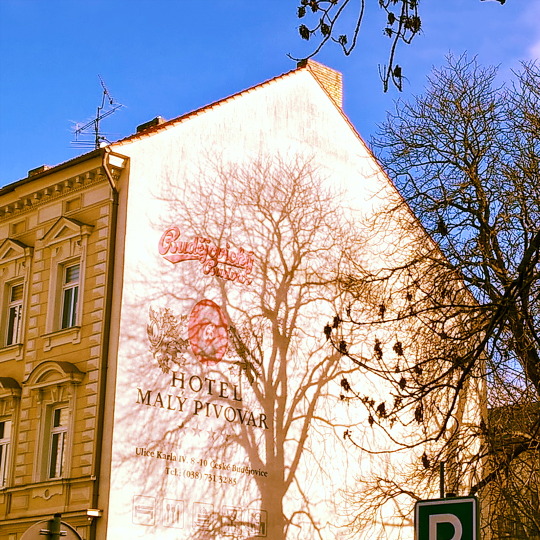
* if you’re just tuning in and (perhaps finally) realizing that i live in budweis of the budweiser beer, then i guess that’s the thing you’ve learned for the day!
